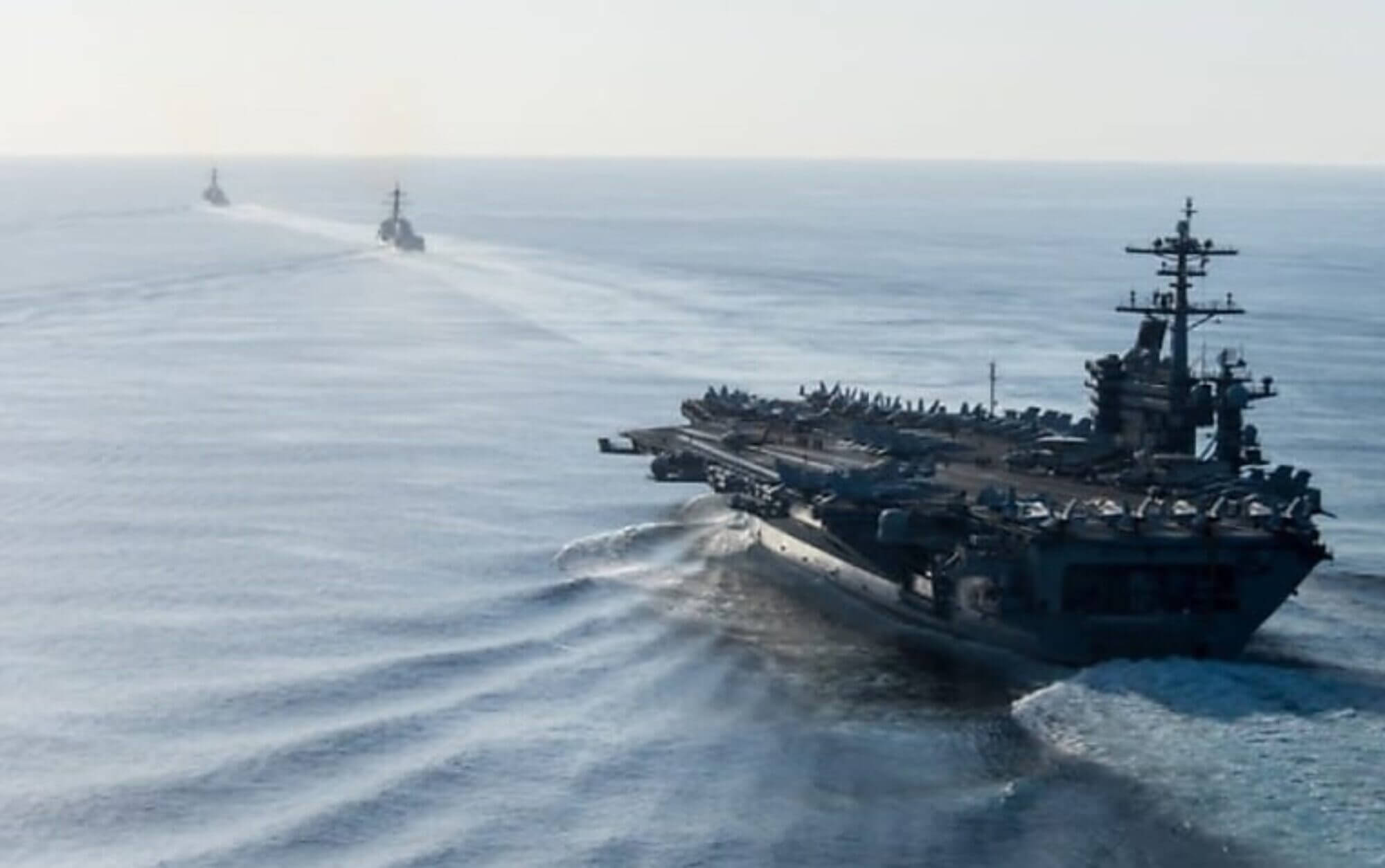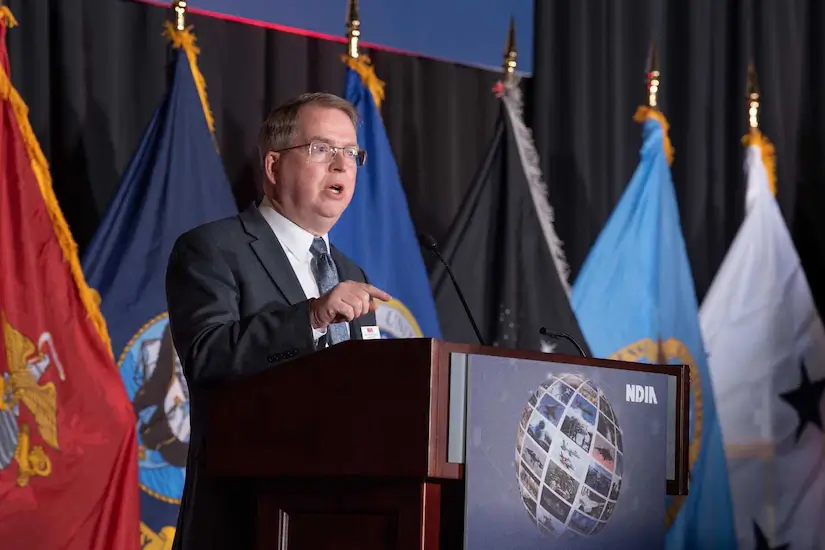To the esteemed members and subscribers of the Americans for A Stronger Navy,
Our nation’s security is a matter of collective pride and responsibility. A significant portion of this duty is understanding the complexities and dynamics between our armed forces and the industries that support them.
The relationship between the Navy and the defense industry is pivotal in this regard. In this article, we explore this intricate bond, highlighting its challenges and explaining its significance to all Americans and our mission.
Why This Matters to Americans and to Our Mission
The Navy serves as a beacon of our nation’s might, guarding our seas and ensuring our interests remain secure. But behind this force lies a complex network of collaborations, decisions, and strategies involving various stakeholders, most notably the defense industry.
To truly fortify our Naval capabilities, this partnership must be not just functional but exceptional. At the heart of the Americans for a Stronger Navy’s mission is the endeavor to ensure that this relationship is productive, transparent, and efficient.
Del Toro on the Essence of Partnerships
Secretary of the Navy, Carlos Del Toro, has frequently emphasized the significance of industry partnerships in strengthening the Navy. “I know what it takes to build a warship,” he remarked, shedding light on the intricate nature of defense contracts and collaborations.
Del Toro’s firsthand experience in shipbuilding has given him a deep appreciation for the teamwork between the government and industry players. “It’s an example of how America’s best can come together to build these tremendous platforms,” he observed, highlighting the symbiotic relationship that ultimately benefits national and economic security.
The Challenges for the Navy
Budget Constraints: Fiscal restrictions challenge the Navy to strike a balance between acquiring cutting-edge technology and ensuring value for money.
Rapid Technological Changes: The pace of tech advancements means the Navy must ensure new innovations integrate seamlessly with existing systems.
Bureaucratic Processes: Lengthy procurement procedures can potentially hamper the Navy’s preparedness.
The Challenges for the Industry
Understanding Navy Requirements: The defense industry must constantly adapt to the Navy’s evolving and specific needs.
Financial Risks: High initial costs with no certain returns can be a significant burden.
Security Protocols: While critical, stringent security guidelines can pose challenges to industry partners.
Role of Organizations in Strengthening the Partnership
External organizations play a pivotal role in nurturing and amplifying this relationship. Their contributions include:
Educating Both Parties: Through seminars and workshops, ensuring synergy between the Navy and industry.
Facilitating Communication: Promoting open dialogue to preempt misunderstandings and encourage seamless collaborations.
Advocacy: Championing policies and practices that benefit both the Navy and its industry partners.
A Personal Note from Bill Cullifer, Founder Americans for a Stronger Navy
“At the core of our ethos at the Americans for A Stronger Navy is the understanding that a robust Navy translates to enhanced safety and prosperity here at home.
Clarity and focus are our guiding principles. We strive to hone in on the essentials, especially in the procurement process, weeding out redundancies, stripping away non-essentials, and bypassing unnecessary overhead.
This perspective isn’t just about clarity; it’s about potential cost-savings, ensuring our Navy receives the best without undue expenses.”
Conclusion
In our commitment to enhancing public understanding and fostering dialogue about naval strength and its significance, the Americans for A Stronger Navy proudly underwrites a range of educational initiatives.
These resources serve as a bridge between the Navy, the defense industry, and the public, underscoring the importance of partnerships. The ‘Charting the Course: Navigating the Future of American Naval Power Podcast Series’ provides insights into how these partnerships can shape the future of naval capabilities.
Additionally, our upcoming ‘Wings of Victory: How Naval Aviators Transformed WWII from Battleships to the Skies and won the Pacific War’ series will highlight the historic significance of collaborative efforts.
Through these platforms, we aim to showcase the power of collaboration and the continuous need for a strong and adept Navy.”


